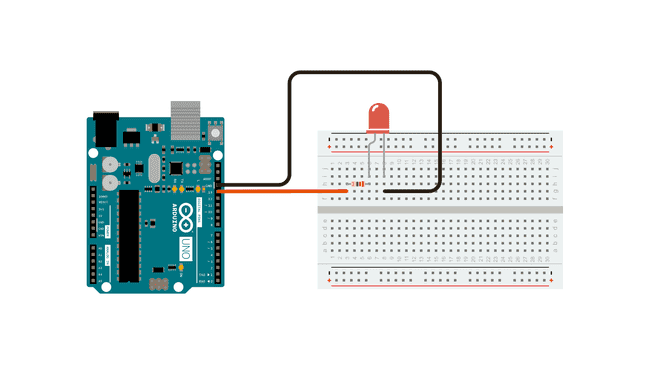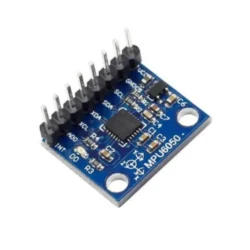Implementing a Winbond W25Q64 SPI Flash Storage Interface with STM32F4 for Firmware Updates Over-the-Air
This tutorial outlines the steps to implement a Winbond W25Q64 SPI flash storage interface using the STM32F4 microcontroller. This setup will enable firmware updates over-the-air (OTA), allowing for efficient management of device firmware in the field.
Prerequisites
- Basic understanding of embedded systems and STM32 programming
- STM32F4 development board
- Winbond W25Q64 SPI Flash memory chip
- Development environment (e.g., STM32CubeIDE or Keil)
- SPI communication knowledge
- Firmware update strategy
Parts/Tools
- STM32F4 Development Board
- Winbond W25Q64 Chip
- Jumper wires
- Breadboard (optional)
- Programming software (STM32CubeIDE or another IDE)
- Firmware update files
Steps
- Connect the Winbond W25Q64 to STM32F4
- Identify the SPI pins on the STM32F4: MISO, MOSI, SCK, and CS.
- Connect the W25Q64 pins to the STM32F4 as follows:
MISO -> PB14 MOSI -> PB15 SCK -> PB13 CS -> PB12
- Configure the SPI Peripheral
- Open STM32CubeIDE and create a new project for your STM32F4 board.
- Go to the “Pinout & Configuration” tab.
- Select the SPI module and configure it with the following settings:
- Mode: Master
- Data Size: 8 bits
- Clock Polarity: Low
- Clock Phase: 1st edge
- Baud Rate: Select appropriate speed for your application
- Generate the code and open the main.c file.
- Implement SPI Communication Functions
- Write a function to initialize the W25Q64 chip:
void W25Q64_Init(void) { // Add initialization code here HAL_SPI_Transmit(&hspi1, &dummyByte, 1, HAL_MAX_DELAY); } - Write a function to read and write data to the flash chip:
- Implement Firmware Update Logic
- Design a protocol for OTA updates (e.g., HTTP, MQTT).
- Fetch the firmware binary and store it in the W25Q64 using the write function.
- Verify the firmware integrity (e.g., checksum verification).
- Once verified, implement the code to switch to the new firmware version.
- Testing
- Upload the initial firmware to the STM32F4.
- Test the communication with W25Q64 using a simple read/write operation.
- Simulate an OTA update and ensure the new firmware correctly executes.
void W25Q64_Write(uint32_t address, uint8_t* data, uint16_t size) {
// Add write code here
}
void W25Q64_Read(uint32_t address, uint8_t* buffer, uint16_t size) {
// Add read code here
}
Troubleshooting
- Issue: Cannot communicate with W25Q64
- Check wiring connections and ensure the CS pin is correctly controlled.
- Verify that the SPI settings in the IDE match the W25Q64 specifications.
- Issue: Firmware update fails
- Ensure the firmware binary is correctly formatted and matches the expected size.
- Check the integrity verification algorithm to confirm data is correctly written.
Conclusion
By following this tutorial, you have successfully implemented a Winbond W25Q64 SPI flash storage interface with the STM32F4 for firmware updates over-the-air. This setup enhances device manageability and ensures that your firmware can be updated seamlessly in the field. Always ensure to test thoroughly before deploying in production environments.


